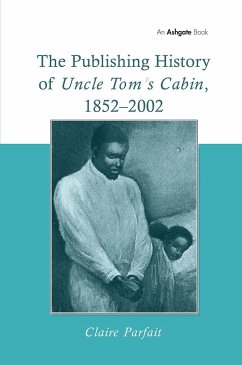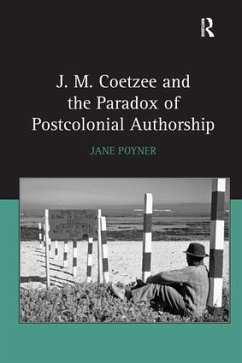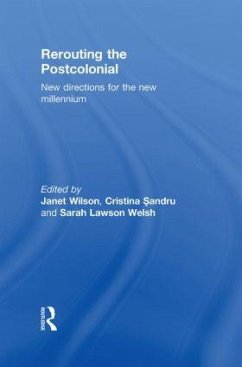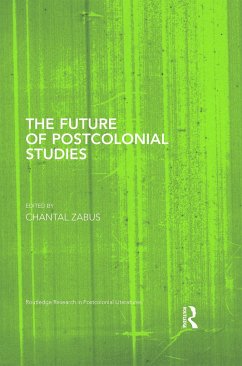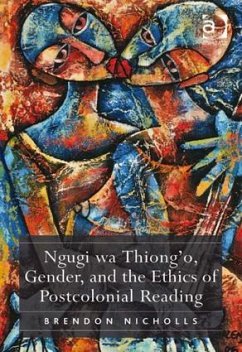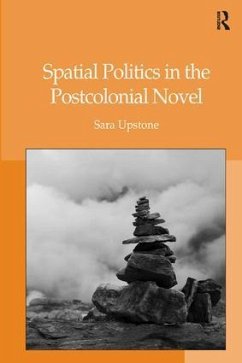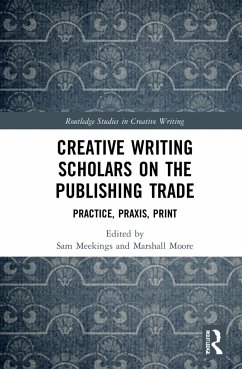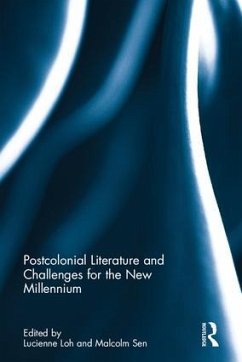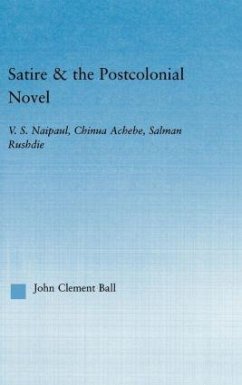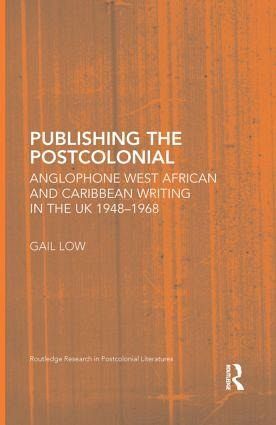
Publishing the Postcolonial
Anglophone West African and Caribbean Writing in the UK 1948-1968
Versandkostenfrei!
Versandfertig in 1-2 Wochen
177,99 €
inkl. MwSt.
Weitere Ausgaben:

PAYBACK Punkte
89 °P sammeln!
Explores the impact that the "African Writers Series" had on the development of African writing in English in the 1960's by examining the works of such authors as George Lamming, Samuel Selvon, Wilson Harris, and Derek Walcott. This book takes into account debates in the discipline of book history, publishing histories, and canon formation.
This book explores how writers such as Amos Tutuola, George Lamming, Samuel Selvon, VS Naipaul, Chinua Achebe, Derek Walcott, Kamau Brathwaite, and Wole Soyinka came to be published in London in important educational series such as the Three Crown Series and African Writers Series. Low takes account of recent debates in the discipline of book history, especially issues that deal with social, cultural, and economic questions of authorship, publishing histories, canon formation, and the production, distribution and reception of texts in the literary market place. Searching publishing archives for readers reports, editorial correspondence, and interventions, this book represents a necessary exploration of postwar publishing contexts and the dissemination of texts from London that is crucial to literary histories of the postcolonial book. Taken together as a postwar generation, this cohort of now canonical writers helped "imagine" their respective national communities, yet their intellectual labors entered an elite transnational literary circuit, and correspondingly, were transformed into textual commodities by the economic, social, cultural, and institutional transactions that were part of an expanding print capitalism.




